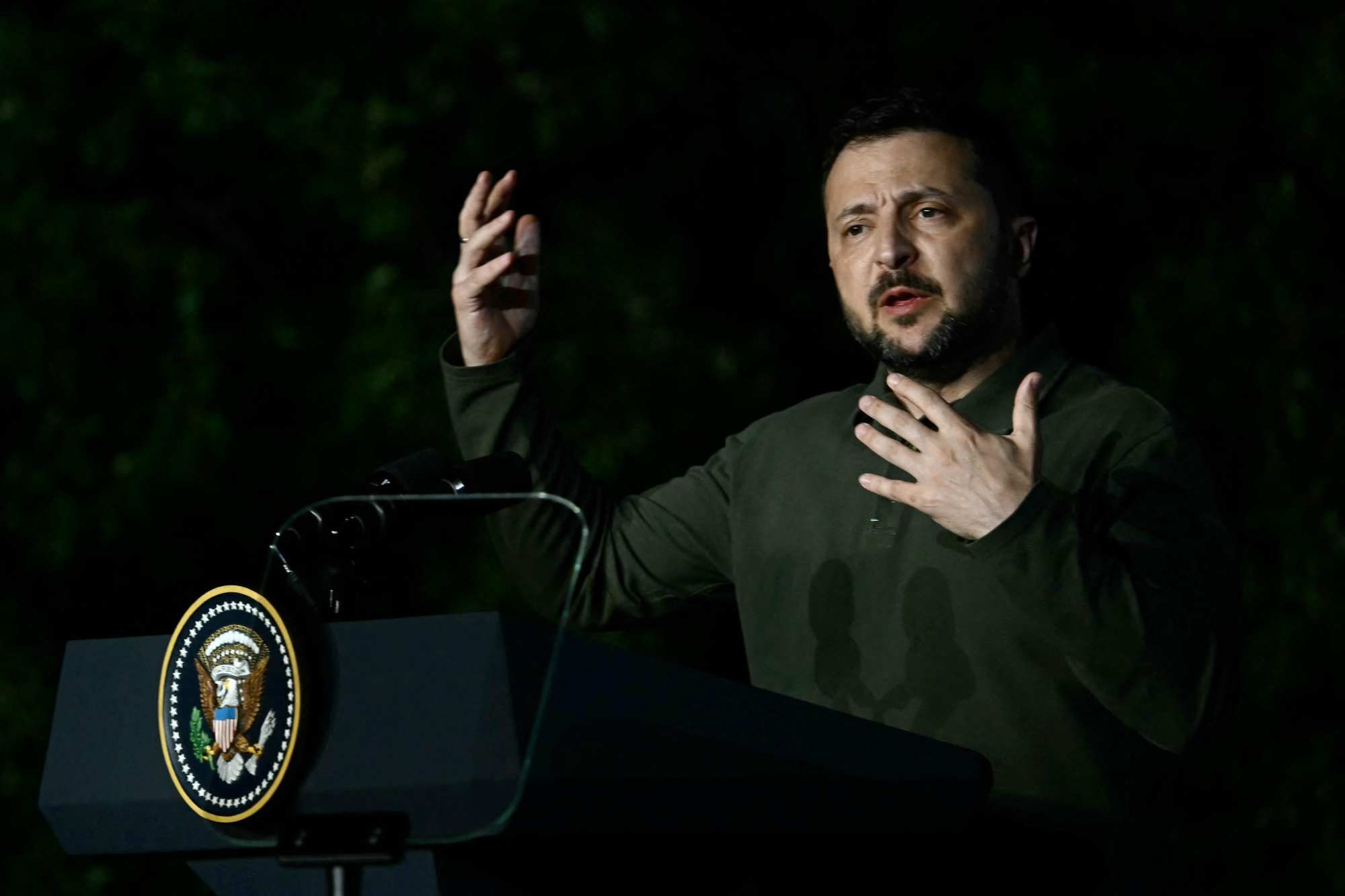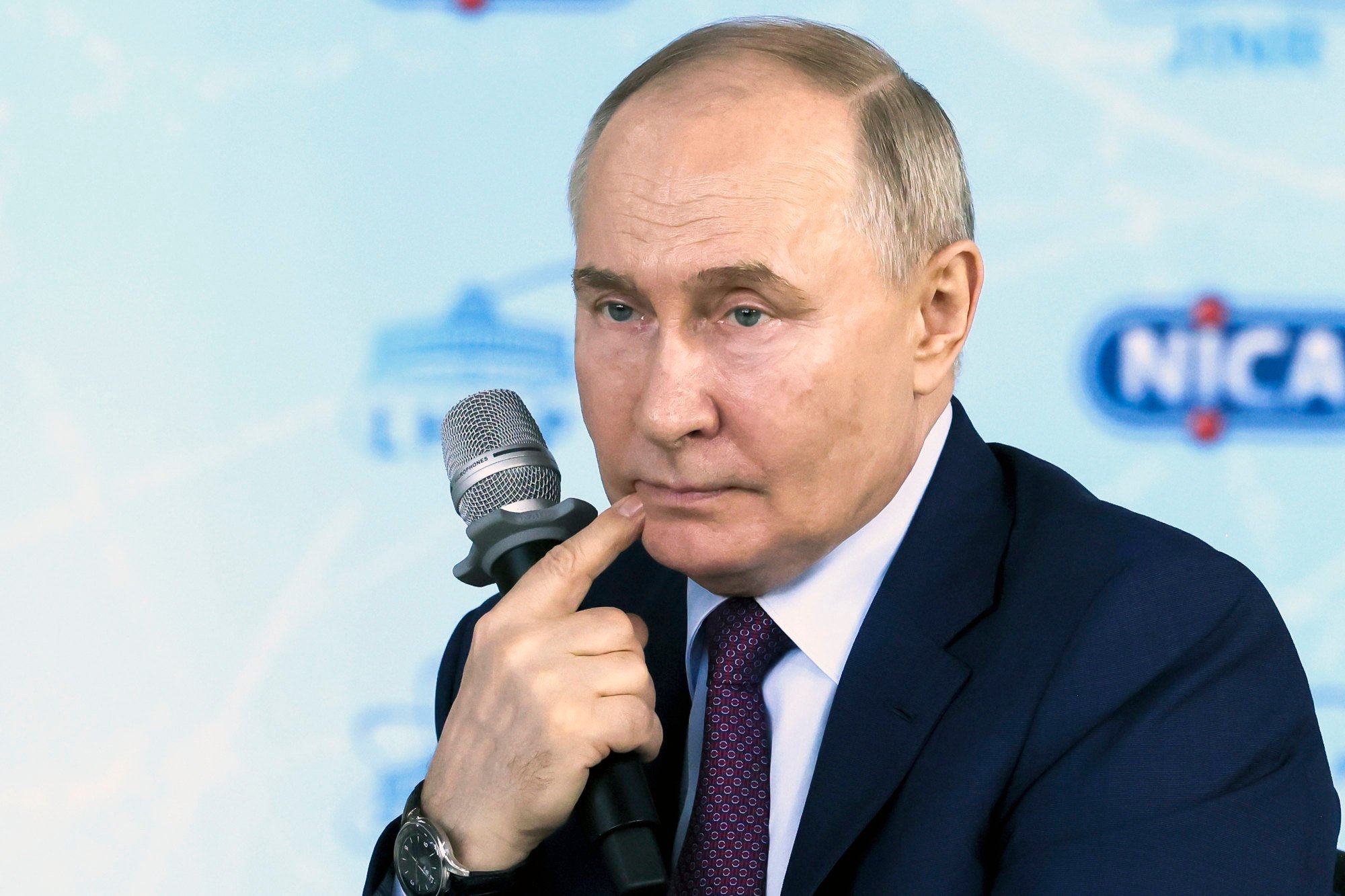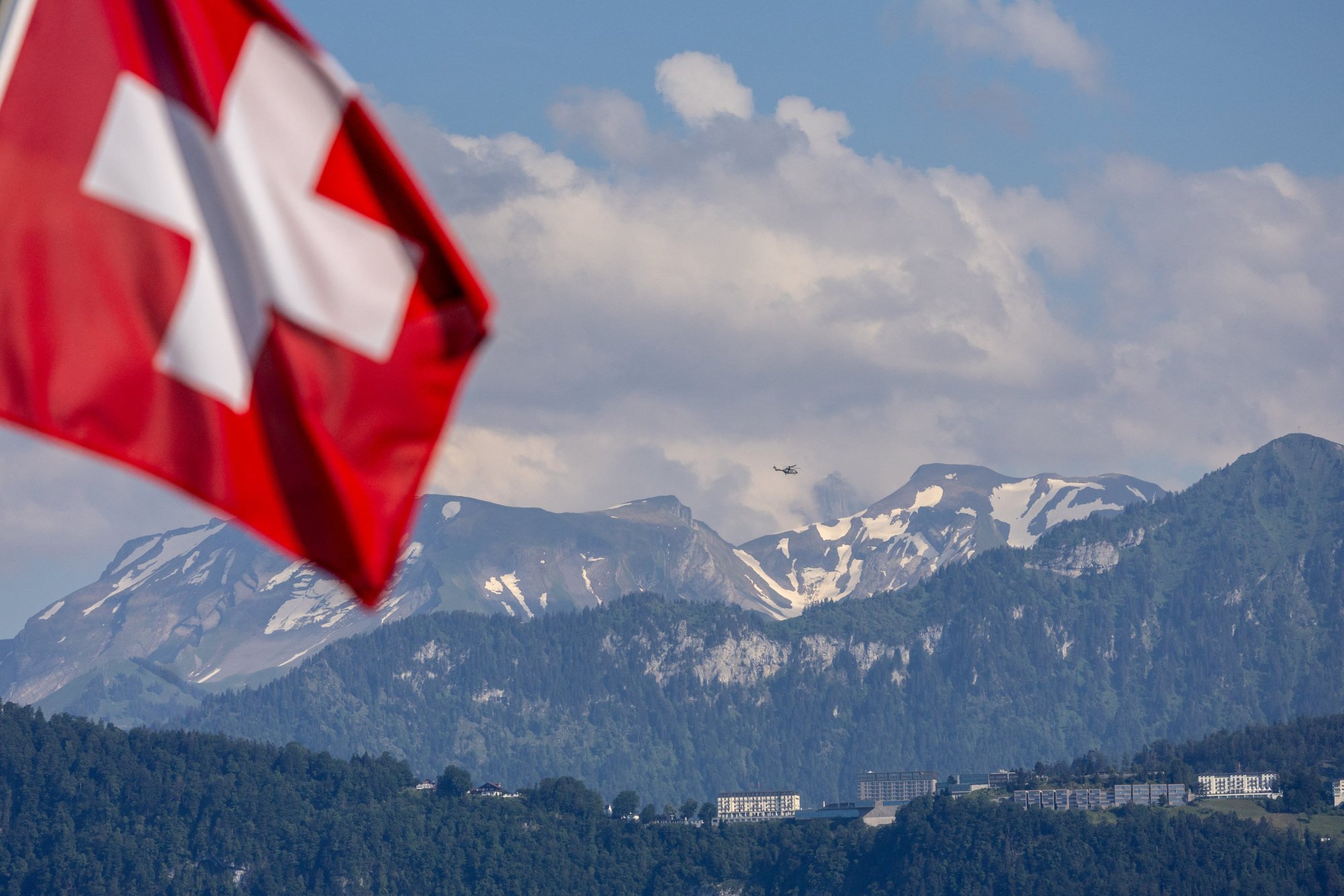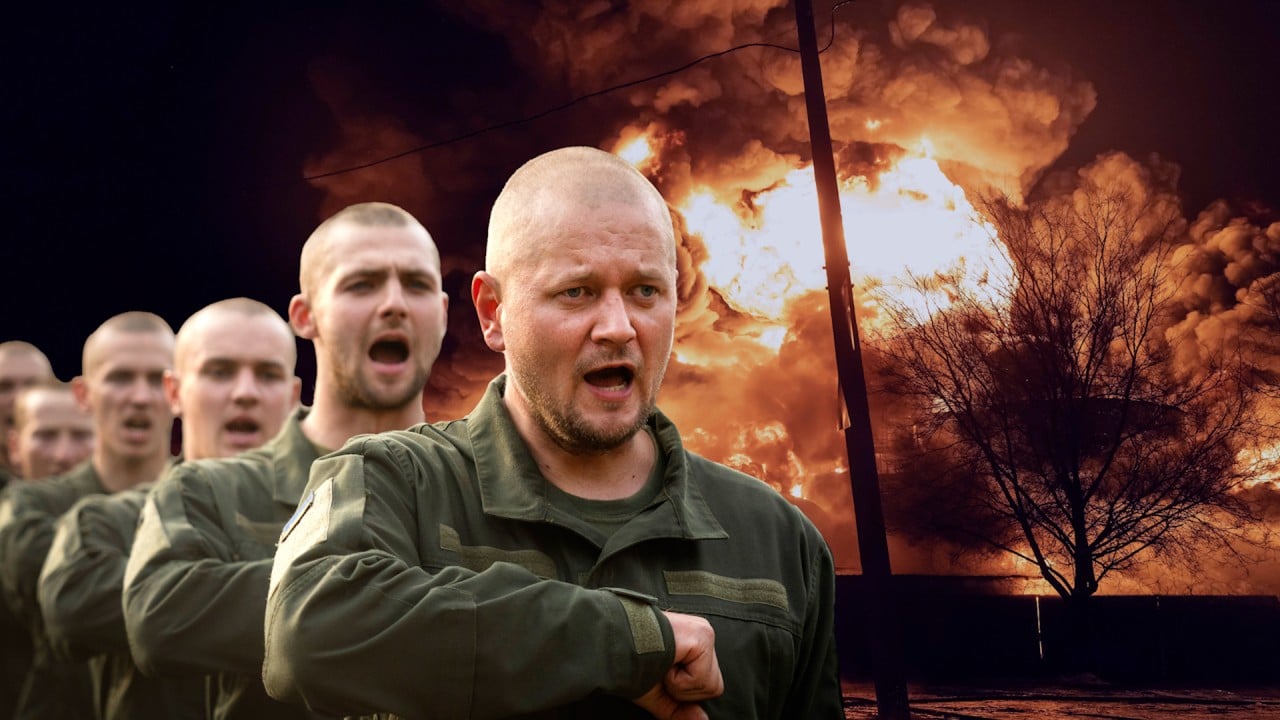Here’s a look at what to expect from the weekend gathering at the Burgenstock Resort on a cliff overlooking Lake Luzern.
Who’s going?
Among the stakes will be simple optics: How many countries the Swiss and Ukrainians can draw in. The bigger the turnout, the bigger the international push – and pressure – for peace will be, the thinking goes.
The official, who briefed a small group of reporters on the vice-president’s plans on the condition of anonymity, said Harris intended to focus her engagements on “defending and strengthening the international rules-based order.”

Who are the major no-shows?
The Chinese Foreign Ministry has said it believes any such international peace conference should involve both Russia and Ukraine, although Beijing supports efforts to bring the conflict to an end and is monitoring the developments in Switzerland.
“They essentially don’t have – what they would consider – a dog in the fight,” he added.

What can be expected?
Vasily Nebenzya, Russia’s UN ambassador, said peace talks without Russia’s participation are “a road to nowhere.”
“In practice, the main goal is to present an ultimatum to the Russian Federation in the form of the so-called ‘peace plan’” from Volodymyr Zelensky, the ambassador was quoted as saying by Russian state news agency RIA-Novosti.
Participants are expected to unite around an outcome document or a joint plan, and Ukraine will have a lot of input into what it says. But ironing out language that delegations can agree upon is still a work in progress, and could explain why some countries aren’t yet saying whether they will attend.
Andriy Yermak, Volodymyr Zelensky’s chief of staff, said Ukrainian officials wanted countries that respect Ukraine’s independence and territorial integrity to be invited. He said the basis of the talks should be a 10-point peace formula that Volodymyr Zelensky has presented, and he held out the possibility that Russia could be invited to a second such summit.
Speaking to reporters late on Tuesday, Yermak said Ukraine and the other participants would be preparing a “joint plan” to unite around, “and we’re looking for the possibility in the second summit to invite a representative of Russia, and together present this joint plan.”
Asked what would be the measure of a successful summit in Burgenstock, he replied: “We think it’s already a success because it’s a big number of countries [attending].”

What is the Ukrainian 10-point peace formula?
Ukraine’s peace plan launched by Volodymyr Zelensky outlines 10 proposals that encapsulates the president’s step-by-step vision to end the war against Russia’s invasion, now in its third year.
The plan includes ambitious calls, including the withdrawal of Russian troops from occupied Ukrainian territory, the cessation of hostilities and restoring Ukraine’s state borders with Russia, including Crimea. That is an unlikely outcome at this stage in this war, as Ukraine is unable to negotiate from a position of strength. Moscow’s army has the upper hand in firepower and number of troops, while Kyiv’s momentum has been stalled by delays in Western military supplies.
That is likely why the most contentious elements of the plan are not being discussed.
Only three themes will be on the table at the summit: nuclear safety, including at the Russia-controlled Zaporizhzhia nuclear power plant; humanitarian aid; and food security, not just in Ukraine but globally – notably the spillover effects of the war on Ukrainian agricultural production and exports.
Western officials in Kyiv said these themes cut across international interests and are easy for Kyiv to rally the international community around. But they do not encompass the tougher issues that can only be resolved with Moscow as a negotiating partner.
Russia’s hesitancy about the conference stems in part from its unwillingness to show any sign of acceptance of the Ukrainian peace formula, which it rejects, or any red lines set by Kyiv.
Putin has espoused a deal to be premised on a draft peace agreement negotiated in the early days of the war that included provisions for Ukraine’s neutral status and put limits on its armed forces, while delaying talks on the status of Russian-occupied areas.
What’s the way forward?
He said Ukraine will want to see a reaffirmation that it’s up to Kyiv to lay out the terms on which the war will end.
“I don’t think anybody is particularly deluded that this is going to give birth to a new peace plan, or even to some kind of agreement that stops the hostilities on the battlefield,” Krause said. “But as past wars have shown, including as far back as World War II, discussions about the contours of the peace begin long before the fighting stops on the battlefield.”


